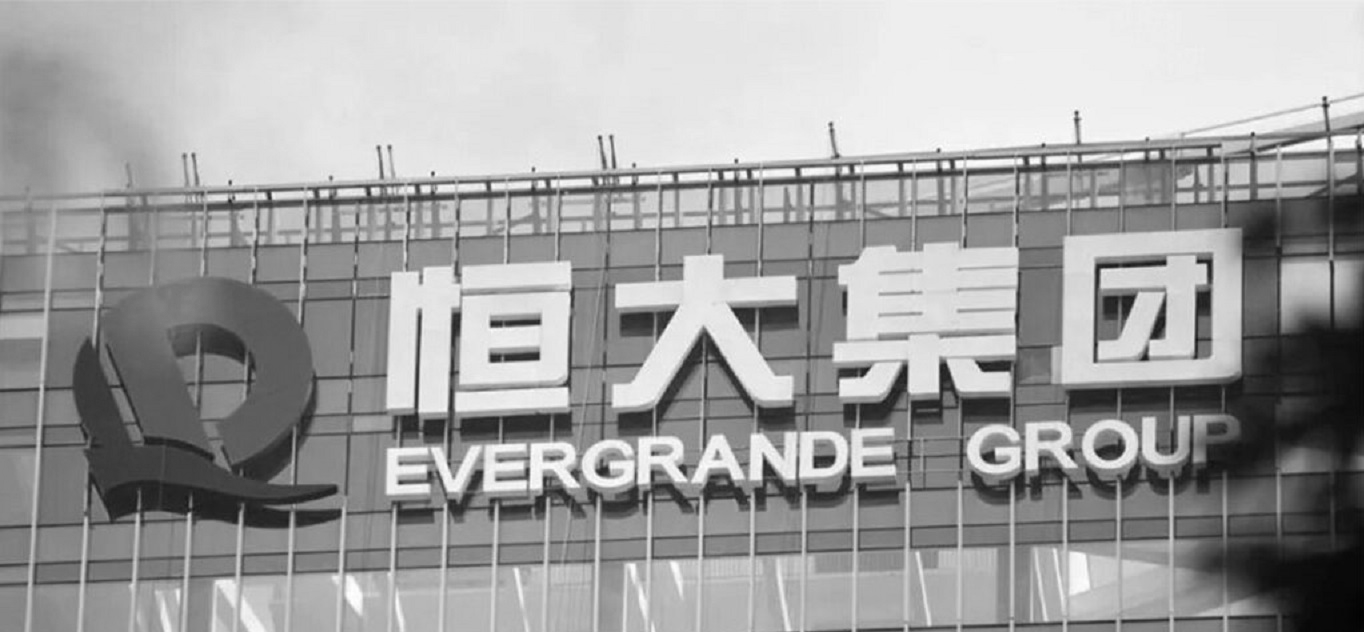The press has been filled with stories about the fate of the second largest Chinese property developer. Most of those stories have missed the point. This company has already gone bust. The only question is about who will pay to cover the losses.
According to their balance sheet the Chinese property developer owes:
Borrowings (banks & bonds) USD $111 billion
Trade creditors (suppliers) USD $128 billion
Taxes USD $32.5 billion
They also owe undisclosed amounts to investors in ‘wealth management products’ and 1.4 million customers who prepaid for apartments.
The total amount owing is estimated at USD$300 billion but could be more. It has USD$355 billion of assets on its balance sheet that it cannot sell and is therefore insolvent. It’s a problem because the amounts are so large and most of their suppliers will probably go broke themselves if they don’t get paid.
https://www.evergrande.com/ir/en/reports.asp
These financial statements are supposedly audited by PWC who were clearly mistaken when they said it was “a true and fair view of the consolidated financial position of the Group as at 31 December 2020”. The battle between US regulators and China for access to audit papers might have something to do with this.
When institutional shareholders lose money on investments that they knew were risky that is tolerable. Likewise nobody is crying about the building contractor who has to sell his Porsche to offset his losses. But when customers lose their life savings on a transaction that they believed to be safe it is devastating. If those customers go broke and then cannot repay money they owe to others that is what causes a contagion in the financial system. However given that most of them are private individuals this is unlikely to result in a GFC style freeze in credit markets.
The reason for this crisis is because in August last year the Chinese government brought in the “three red lines guidance” to prevent banks from lending money to heavily indebted property developers. Their intention was to control unaffordable house prices and reduce financial risks.
https://www.ubs.com/global/en/asset-management/insights/china/2021/china-three-red-lines.html
A few months later Alibaba founder Jack Ma was slapped down for criticising Chinese banks for having a “Pawn Shop” mentality to risk taking and only lending to companies with real estate collateral. His inference was that Property developers found it easy to take on too much debt while innovative tech companies struggled to obtain financing.
Now they have a choice of holding their nerve and allowing the company to collapse or backing down and allowing more money to be lost in the hope that things might get better.
The property development business in China is no longer profitable and seems unlikely to improve in the near future. It doesn’t matter how much capital a company has or how it is financed, if it doesn’t make a profit it will need a continual inflow of investor funds to remain in business. The only question is whether to shut it down or let it become a zombie corporation.
The warning signs of this collapse have been around for 15 years. Media reports of “Ghost Cities” (under-occupied apartment developments) have been occurring since 2006. Some local governments have rules that require property developers to commence construction immediately on acquiring land. So apartment buildings are built that nobody wants to buy to make the GDP growth figures look good.
https://en.wikipedia.org/wiki/Under-occupied_developments_in_China
While the economy was growing and urban populations were increasing this wasn’t a problem and many of those original ghost cities were eventually occupied. Those properties were not profitable when first built but eventually became profitable as prices rose.
According to the official census, population growth is slowing, the working age population fell from 70.14% down to 63.35% and the retiree age group has increased from 13.26% to 18.70%. This signifies a rapidly aging population. It is a very similar picture to Japan 20-30 years ago.
http://www.stats.gov.cn/english/PressRelease/202105/t20210510_1817185.html
https://en.wikipedia.org/wiki/Aging_of_Japan
Expectations of property prices increasing forever seem unrealistic in this scenario. Economic growth is also likely to go down. There was a time when a 6% growth rate was considered normal and easy in Japan but those days are long gone.
This is considered to be a bad scenario for Australia and the sharemarket has gone down by 4% in reaction to that. This has been led by mining companies with BHP & Rio Tinto down by 30% and Fortescue Metals down by 45%. The iron ore price has fallen by 50% but is only back to where it was a year ago. The high prices in the middle of this year were always considered to be unsustainable.
It seems that bad things will continue happen to our export markets in China but we don’t need to worry too much about it as our economy is resilient enough to absorb those losses and find new markets elsewhere. China has black-banned most of our exports except for iron ore (and maybe coal….) so the adjustment is already happening.

